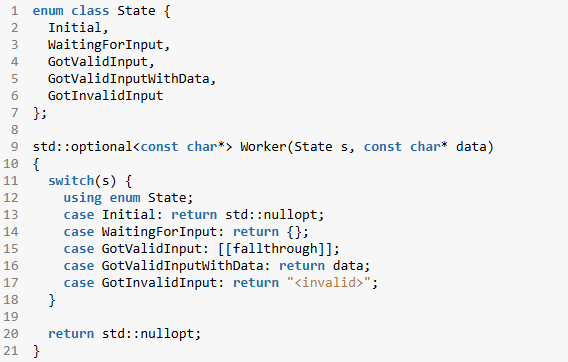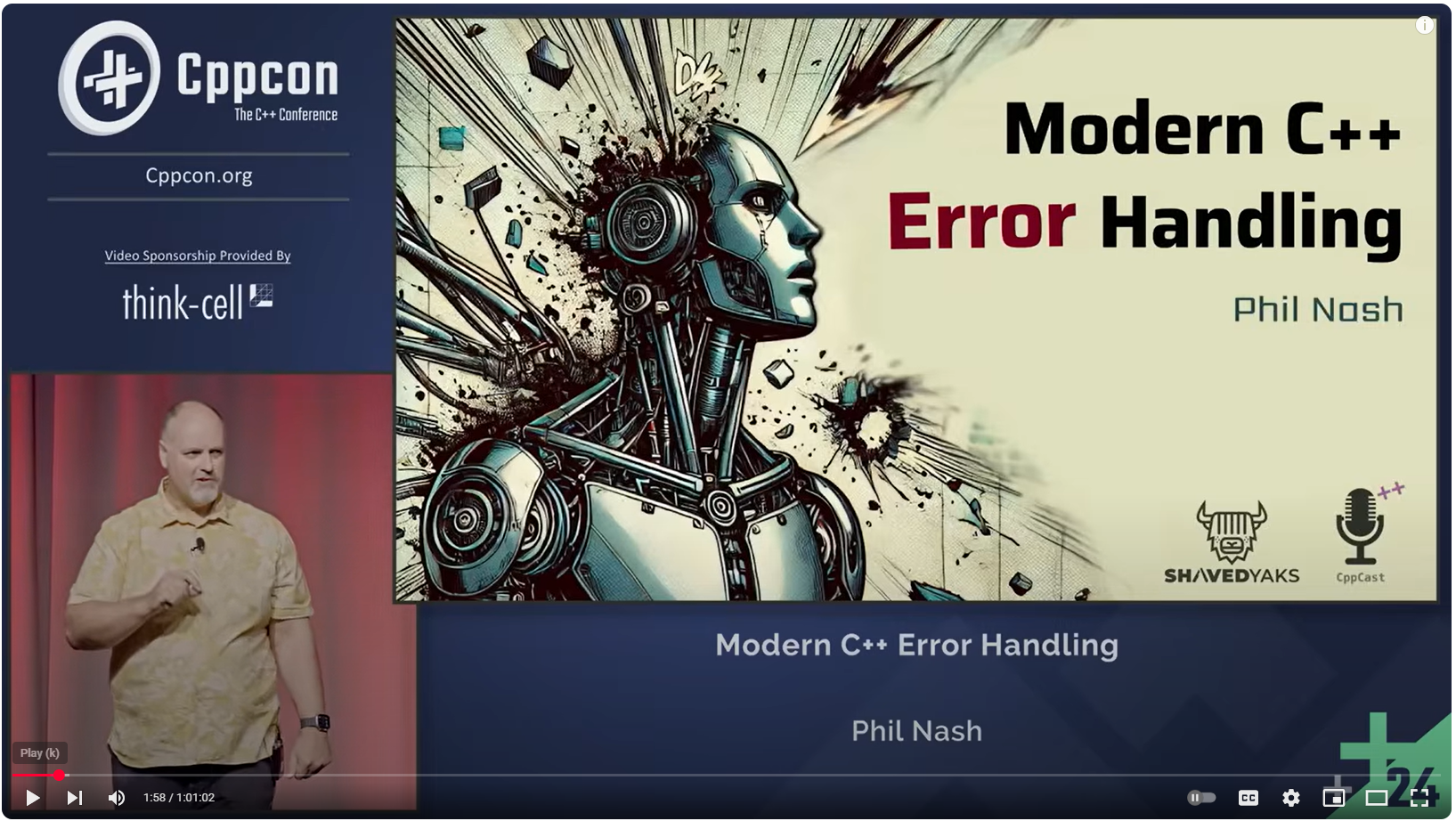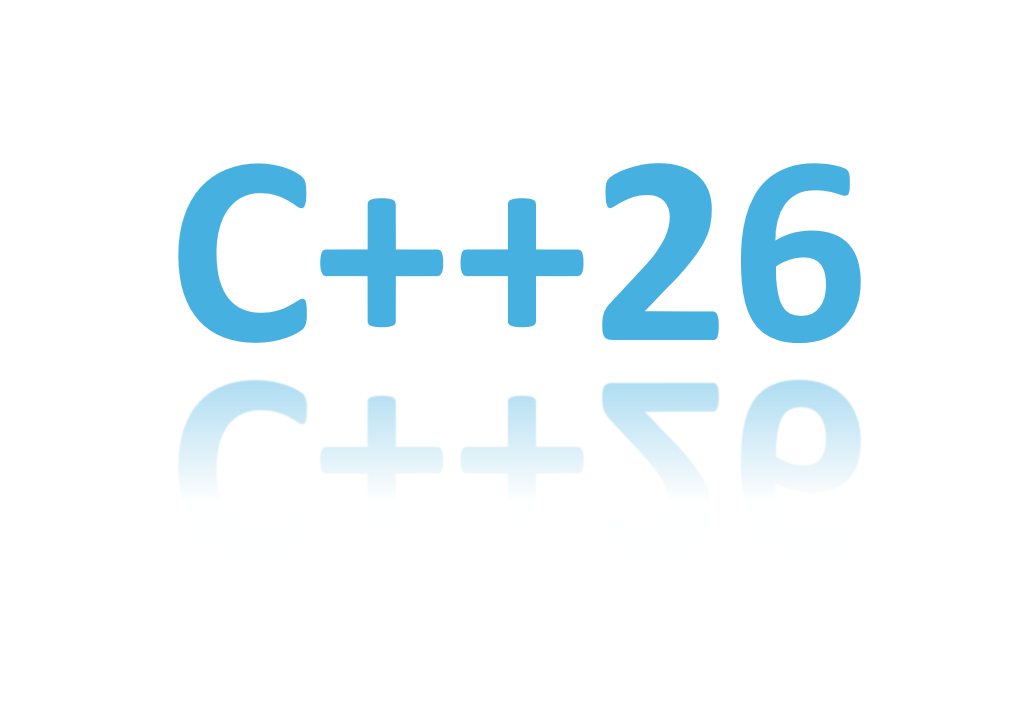C++26: Erroneous Behaviour -- Sandor Dargo
 C++’s undefined behaviour impacts safety. Sandor Dargo explains how and why uninitialised reads will become erroneous behaviour in C++26, rather than being undefined behaviour.
C++’s undefined behaviour impacts safety. Sandor Dargo explains how and why uninitialised reads will become erroneous behaviour in C++26, rather than being undefined behaviour.
C++26: Erroneous Behaviour
by Sandor Dargo
From the article:
If you pick a random talk at a C++ conference these days, there is a fair chance that the speaker will mention safety at least a couple of times. It’s probably fine like that. The committee and the community must think about improving both the safety situation and the reputation of C++.
If you follow what’s going on in this space, you are probably aware that people have different perspectives on safety. I think almost everybody finds it important, but they would solve the problem in their own way.
A big source of issues is certain manifestations of undefined behaviour. It affects both the safety and the stability of software. I remember that a few years ago when I was working on some services which had to support a 10× growth, one of the important points was to eliminate undefined behaviour as much as possible. One main point for us was to remove uninitialized variables which often lead to crashing services.
Thanks to P2795R5 by Thomas Köppe, uninitialized reads won’t be undefined behaviour anymore – starting from C++26. Instead, they will get a new behaviour called ‘erroneous behaviour’.
The great advantage of erroneous behaviour is that it will work just by recompiling existing code. It will diagnose where you forgot to initialize variables. You don’t have to systematically go through your code and let’s say declare everything as auto to make sure that every variable has an initialized value. Which you probably wouldn’t do anyway.

 Starting with C++26, it will become possible to throw exceptions during constant evaluation. This capability is enabled through both language and library changes. Given the significance of this feature, it deserves its own dedicated post.
Starting with C++26, it will become possible to throw exceptions during constant evaluation. This capability is enabled through both language and library changes. Given the significance of this feature, it deserves its own dedicated post. Registration is now open for CppCon 2025! The conference starts on September 15 and will be held
Registration is now open for CppCon 2025! The conference starts on September 15 and will be held  In today's post I share a learning of a customer with you. A while back, a customer asked me to join a debugging session. They had an issue they didn't (fully) understand.
In today's post I share a learning of a customer with you. A while back, a customer asked me to join a debugging session. They had an issue they didn't (fully) understand.
 Registration is now open for CppCon 2025! The conference starts on September 15 and will be held
Registration is now open for CppCon 2025! The conference starts on September 15 and will be held  A unique milestone: “Whole new language”
A unique milestone: “Whole new language” Registration is now open for CppCon 2025! The conference starts on September 15 and will be held
Registration is now open for CppCon 2025! The conference starts on September 15 and will be held